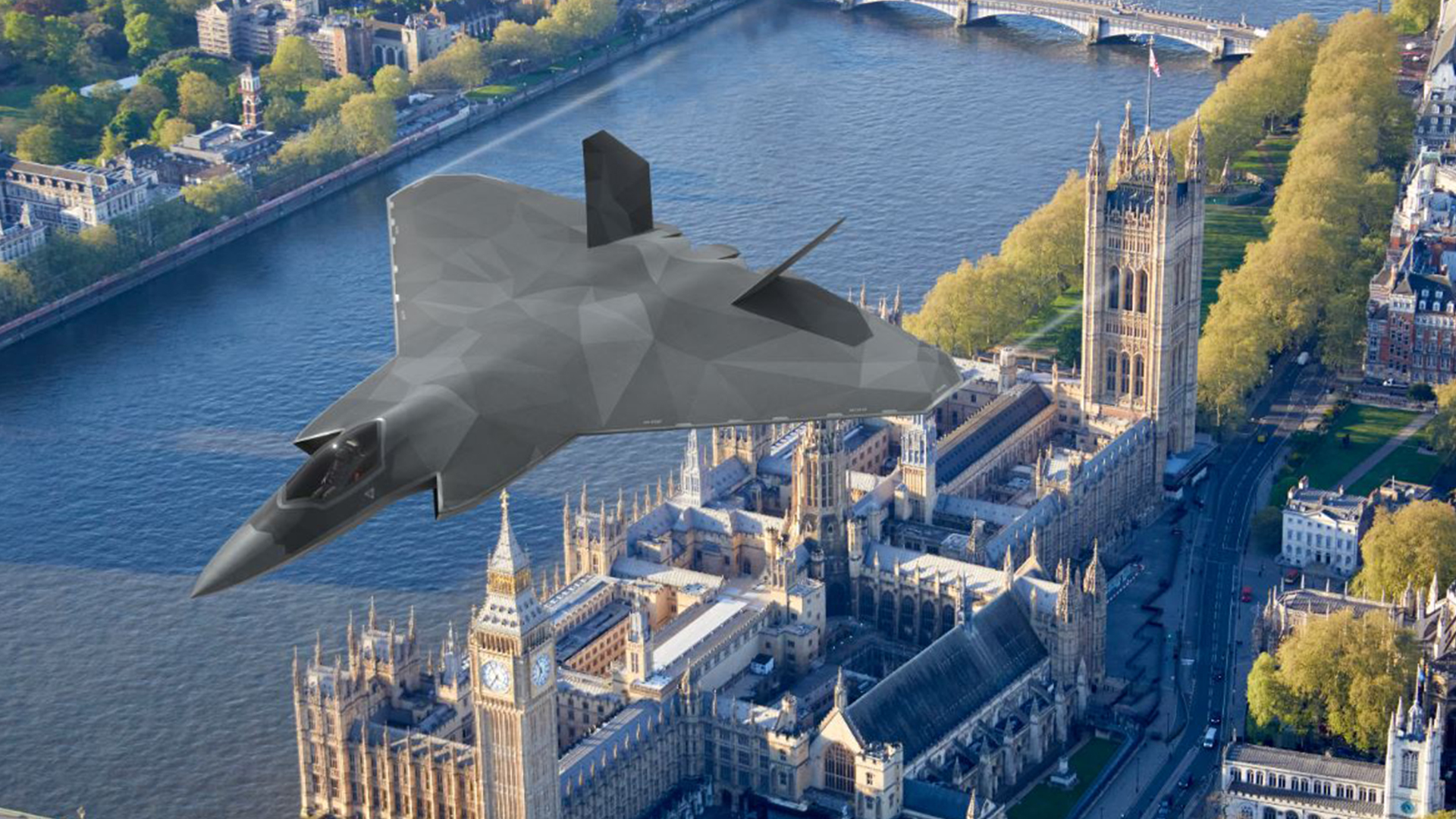Leonardo hails importance of uncrewed aerial vehicles in Armed Forces spending plans
Aerospace company Leonardo has pledged to ensure it will be at the forefront in delivering an uncrewed aircraft capability to the Armed Forces - UAVs being an integral part of the Strategic Defence Review.
CEO Clive Higgins told BFBS Forces News: "SDR talks about autonomy significantly... so we need to make sure that we are at the forefront of that autonomous capability.
"[That means] really utilising machine learning, artificial intelligence, all of those buzzwords that have been talked around to deliver better effects, quicker at pace for the UK's Armed Forces."
The company has been working with the Royal Navy to develop a new uncrewed rotorcraft called Proteus.
The UAV, weighing three tonnes, is seen as a step forward in terms of maritime aviation through advancements in autonomy, modular payload capabilities and innovative rotorcraft technologies.
The £60m Proteus project is a key element of the Royal Navy's Maritime Aviation Transformation strategy, which aims to modernise aviation capabilities at sea and support critical missions such as anti-submarine warfare.
Mr Higgins said while autonomy had been identified as thread within the SDR, the UK had to ensure that it invests in that particular capability and maintains it onshore in the UK.

Next-gen aircraft like the RAF's new Tempest are set to work alongside automated platforms, with uncrewed aircraft expected to one day take over entirely from human-operated warplanes.
"You've seen us with one of the key partners on the Global Combat Air Programme," Mr Higgins pointed out.
"And on that we deliver the integrated sensors and non-kinetic effects. So we are really at the heart of systems integration."
Mr Higgins said it was now time to see whether the ambitions of the SDR would be turned into reality.
He said: "Now what we need to see is the transition from the rhetoric in the document... then delivering real transformational effects."









